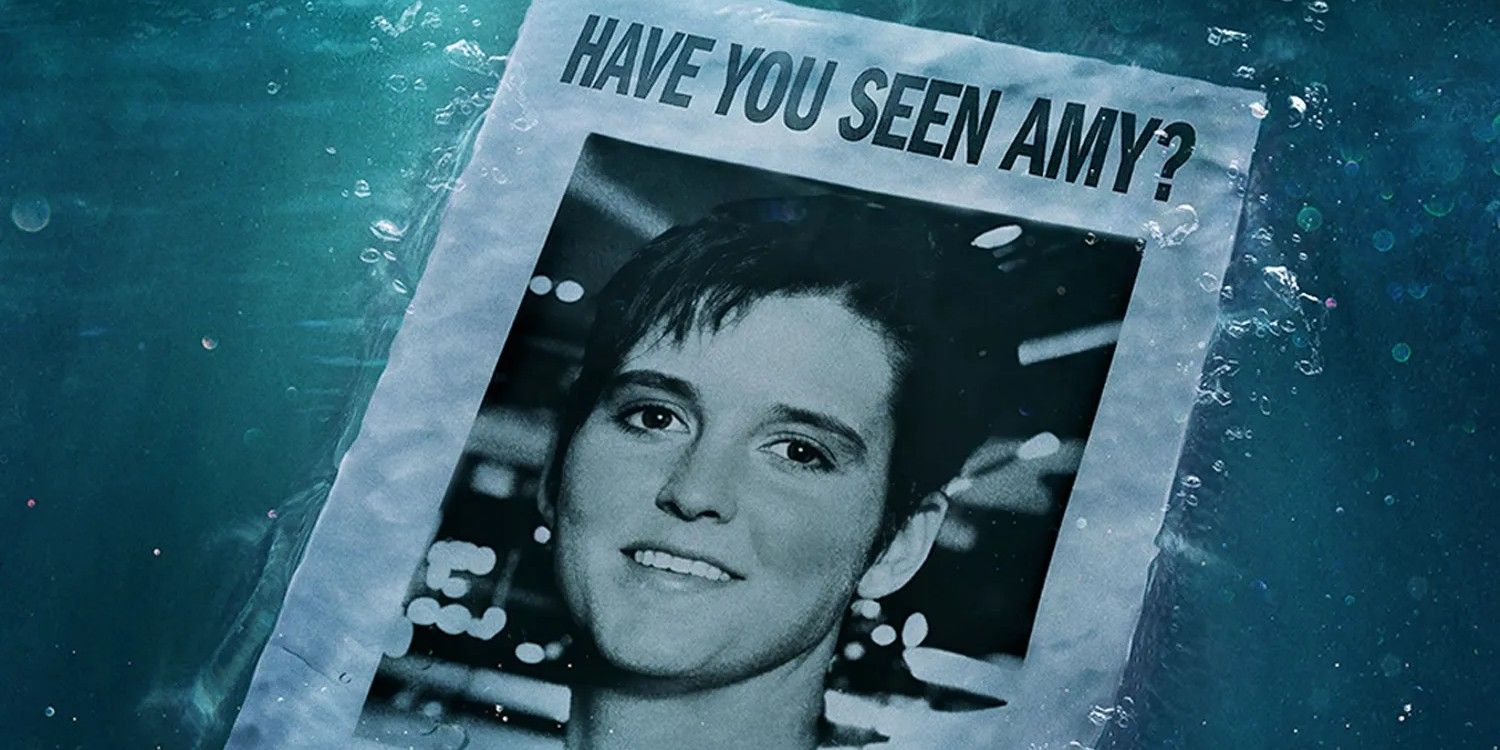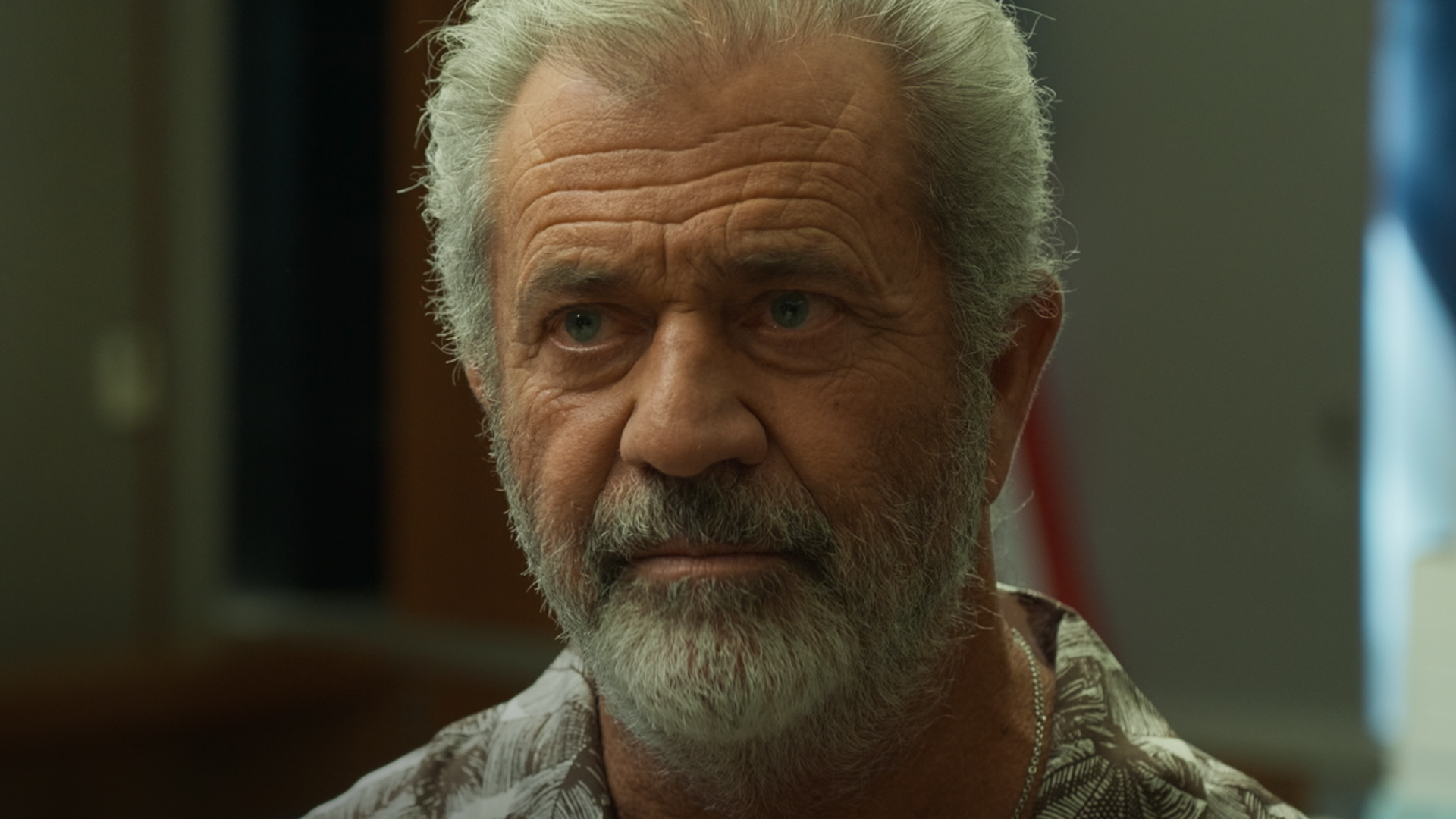Downton Abbey: A Timeless Portrait of Tradition, Change, and Humanity
Few television series have captured hearts and minds quite like Downton Abbey. Created by Julian Fellowes, this British period drama is more than just an elegant stroll through history—it’s a moving tapestry of class, family, love, and the passage of time. Set in the early 20th century, Downton Abbey invites viewers into the grand estate of the Crawley family and the lives of the servants who keep it running.
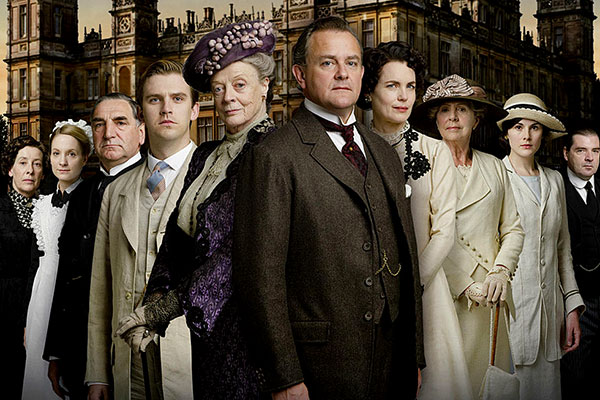
From the very first episode, we’re drawn into a world that feels both distant and intimately familiar. The show opens in 1912 with the sinking of the Titanic, an event that sets off a chain of social and personal changes for the Crawley family. As the series progresses through World War I, the Spanish flu, and the Roaring Twenties, we witness not just historical events, but their emotional impact on people trying to preserve identity and purpose in a rapidly changing world.
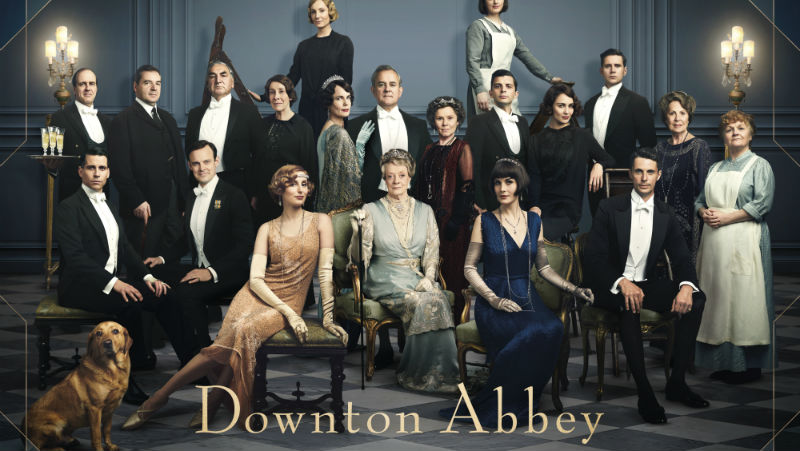
What makes Downton Abbey so unforgettable is its rich ensemble cast. Hugh Bonneville as the dignified yet conflicted Lord Grantham, Elizabeth McGovern as the warm and wise Cora, and Michelle Dockery as the strong-willed Lady Mary all bring their characters to life with complexity and grace. And of course, the indomitable Maggie Smith as the Dowager Countess delivers biting wit and profound wisdom in equal measure—a performance that has become iconic in modern television.

But Downton Abbey is not only about the aristocracy. The series gives equal weight to the lives of the downstairs staff: Mr. Carson, the loyal butler; Mrs. Hughes, the housekeeper with a quiet strength; Anna and Mr. Bates, whose love story is both beautiful and tragic. These characters are not just background—they are the soul of Downton. The show never allows us to forget that every grand dinner and glittering ball is the product of unseen effort and personal sacrifice.
At its core, Downton Abbey is about change—how people respond to it, resist it, and grow through it. Whether it's Lady Sybil's passionate support for women's rights, Tom Branson's transformation from chauffeur to family member, or Edith’s long journey to independence, every character is shaped by a world in flux.
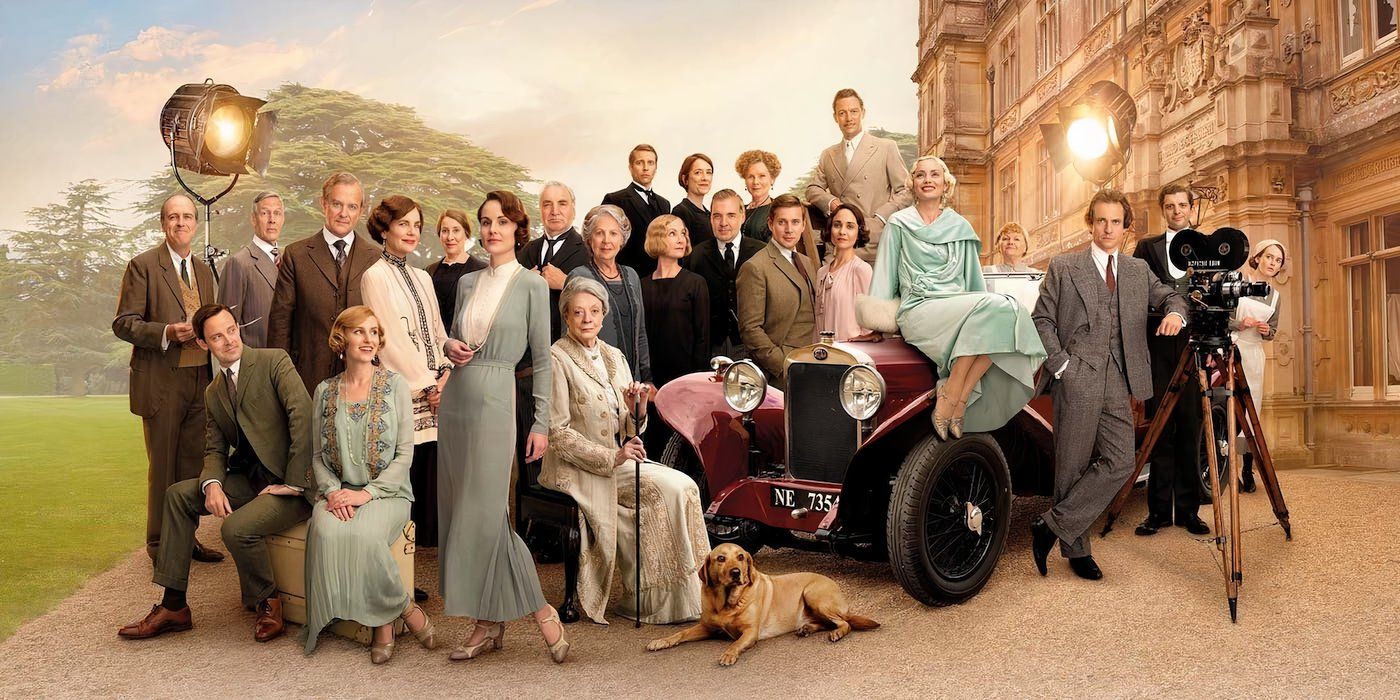
What’s remarkable is how the series balances emotional depth with subtle humor, elegance with vulnerability. It doesn’t shy away from sorrow—loss, war, betrayal—but it always treats its characters with empathy. We cry when they lose love, we cheer when they find it again, and we feel as though we, too, are part of the Downton family.
Even after the final curtain fell—and the subsequent films—Downton Abbey continues to resonate. It reminds us that dignity, loyalty, and love can endure, even in the face of change. It’s not just a period drama; it’s a human story dressed in silk and set to the ticking of a grand old clock.
And sometimes, that’s exactly what we need—a place to go where the world is both bigger and more intimate than we imagined, and where every goodbye feels like leaving home.
